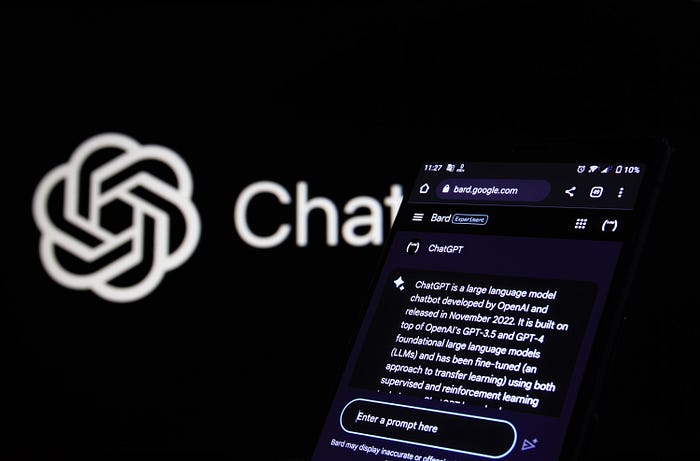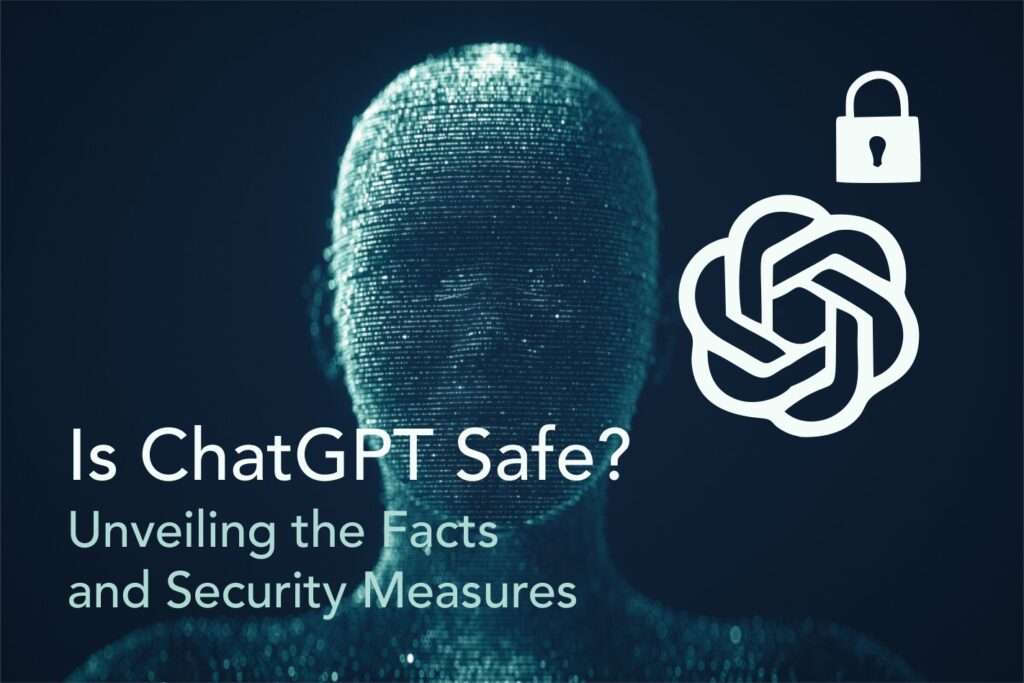From the moment ChatGPT was launched, it was clear that this tool would become a success. ChatGPT enables you to have all the answers at the tip of your fingers and, therefore, can help you solve various problems regardless of your profession. But considering the amount of data we share with the chatbot, users have been wondering about the safety of ChatGPT.
It is no secret that some of us use the chatbot for work-related tasks and sometimes reveal data that could be confidential. So, is ChatGPT safe to use? How secure is your data? Are there any cybersecurity concerns you should know, and should you use a VPN for ChatGPT? We’ll cover all these questions and more!
Is ChatGPT Really Safe?

From the cybersecurity aspect, ChatGPT is safe to use. The website and the app are legitimate, and you can be certain that malware and viruses are not shared via this chatbot. However, we can’t say the information you type is completely secure on ChatGPT. According to OpenAI, they save all the conversations with the chatbot to improve its future performance.
It means that even if you delete the conversations you had, they will still be on OpenAI’s servers. The company had openly stated that it wouldn’t sell the collected information to advertisers, which is a huge step forward regarding data safety. Furthermore, not all conversations will be used for training the chatbot. Instead, researchers will review the collected data and determine which conversations are valuable.
Most users are willing to accept that their prompts will be used for training future versions of the chatbot, but that doesn’t mean you should share sensitive information with ChatGPT. It is important to remember that the prompts can’t be completely deleted, so everything you type in will be sent to OpenAI servers.
Security Issues and How to Stay Safe
So far, there has been only one security problem with ChatGPT that we know of. In March 2023, OpenAI received numerous reports from users who could see conversation histories from other people on the platform. OpenAI acted quickly and fixed the bug. This problem showed that ChatGPT isn’t perfect, just like most online services.
Since ChatGPT isn’t going anywhere, learning how to use it safely, protect your privacy, and maximize your online security would be good. Here’s how you can do that:
Don’t Share Private Information
Before you start typing a prompt, think about the content, especially if it is about your place of work. Don’t share trade secrets, financial information, or credit card numbers. Large companies worldwide are aware of the dangers and are limiting the use of ChatGPT to their employees. The list includes Apple, Spotify, Samsung, and more. The reason behind this action is the possibility of a data leak.
Use a VPN for ChatGPT
VPNs protect your privacy, and using this service with ChatGPT will give you plenty of benefits. For example, a VPN for ChatGPT can hide your IP address, which means your actual location won’t be revealed to a third party. Additionally, a VPNrelies on encryption to protect the data you send or receive. Overall, a VPN can be used while writing prompts in ChatGPT and as an extra layer of protection for all your devices.
No Third-Party Apps
Using a ChatGPT app is convenient for many, but make sure you have downloaded the official product. Third-party apps are usually unsafe because you never know where your personal information might end up. Of course, you always have an option to launch ChatGPT directly from a web browser.
Strong Passwords
Finally, protect your OpenAI account by creating a unique password that is hard to guess. Include symbols, numbers, and uppercase letters to create a strong password. A password manager could be helpful if you can’t memorize your login information.
Additionally, delete your ChatGPT history now and then. While your prompts will be stored on OpenAI servers, keeping your account clean will ensure nobody else can read your previous chats. Even if someone manages to break into your account, they won’t find any useful information there.
Continuous Improvements in Security
OpenAI’s commitment to user security remains unwavering, and they have learned from past incidents to strengthen ChatGPT’s security measures. The March 2023 security breach served as a wake-up call, prompting OpenAI to conduct a comprehensive security audit and implement enhanced encryption protocols. They have also introduced regular security updates and penetration testing to identify vulnerabilities proactively. OpenAI’s swift response to the security issue underscores their dedication to maintaining a safe environment for users.
Moreover, OpenAI actively encourages user feedback on potential security concerns, promptly addressing any reported issues. They have also expanded their bug bounty program, incentivizing ethical hackers to help identify and resolve security weaknesses. By involving the user community in improving security, OpenAI aims to fortify ChatGPT’s defenses and ensure a safer user experience.
In conclusion, while no online service can guarantee absolute security, OpenAI’s ongoing efforts to enhance ChatGPT’s security demonstrate their commitment to safeguarding user data and privacy. Users can contribute to their own safety by following best practices, such as refraining from sharing sensitive information and using a VPN. As technology evolves, so do the measures to protect users, making ChatGPT a valuable tool while keeping security at the forefront.

